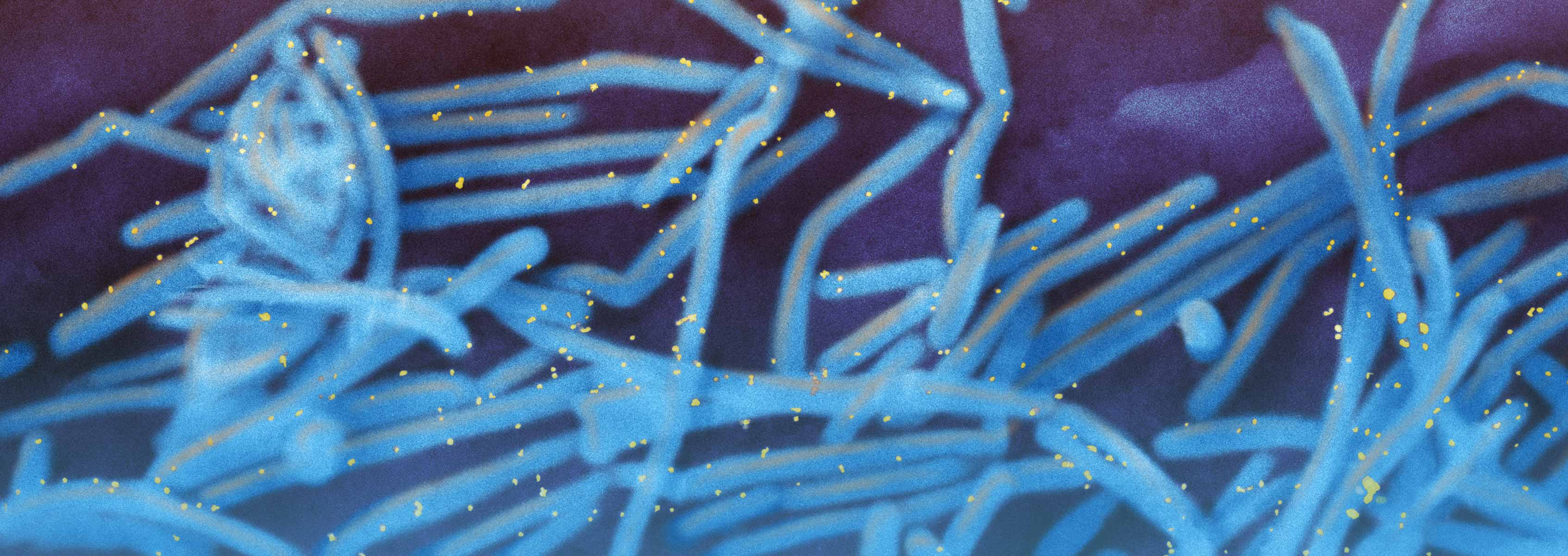Genomics of Respiratory Syncytial Virus

As the single most important cause of serious lower respiratory tract disease in infants and young children in the United States and globally, RSV is of considerable public health importance and a high priority for vaccine development. There are two major antigenic groups of RSV, A and B, and multiple genotypes within the two groups. RSV causes lower respiratory tract illness and potentiates childhood wheezing and asthma. Our goal is to establish the association of virulent RSV strains between early childhood wheezing, severe acute bronchiolitis and subsequent asthma development and asthma pathogenesis. To do so, we are sequencing RSV isolates from a retrospective bronchiolitis-to-asthma infant cohort (INSPIRE) and a separate pediatric cohort with defined parameters of illness such as bronchiolitis severity score (BSS) and prolonged wheezing. We are also measuring transcript levels of various cytokines/chemokines in nasal washes to define how RSV strains impact bronchiolitis, inflammation, and wheezing. We will use these data to determine whether any mutation(s) in the virus genome affect disease severity. This “bedside to bench” approach combines epidemiological and clinical data to better inform downstream experiments using mechanistic viral genetics and mouse models.
The complete genome sequence data from the collected viruses will not only expand our knowledge of the virulence factors, but provide detailed information on evolution and transmission of RSV strains, host-pathogen interactions, and pathogen-microbiome relationships that occur during viral infection.
Funding
This project has been funded in whole or part with federal funds from the National Institute of Allergy and Infectious Diseases, National Institutes of Health, Department of Health and Human Services under Award Number U19AI110819.